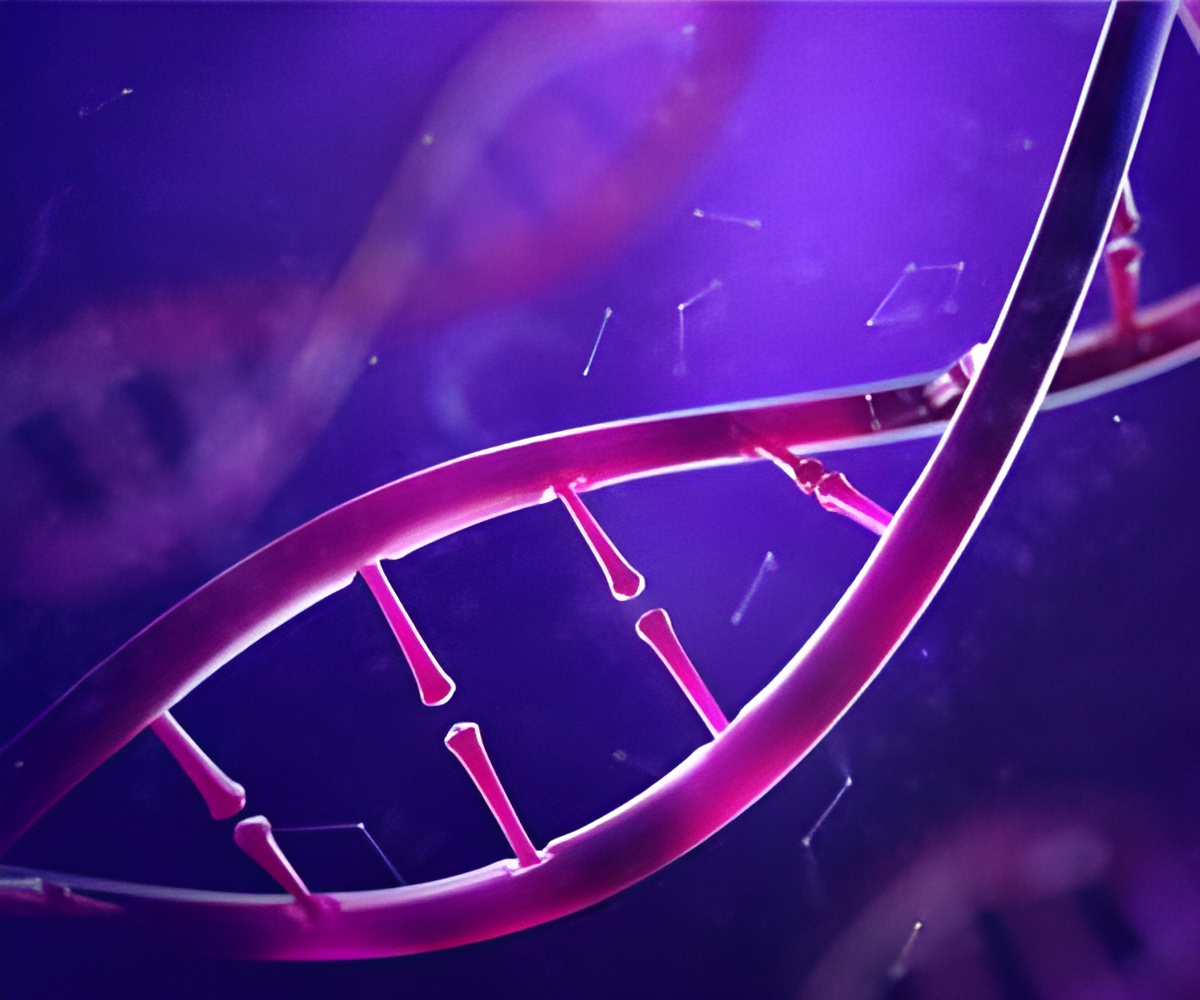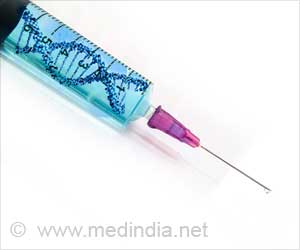Answer to decades-long mystery could play a part in cancer and other human diseases.

‘Nucleosome destabilizing factor, or NDF, activates genes by destabilizing nucleosomes, clearing the way for genes to activate.’





For the past several decades, scientists have been trying to determine how these nucleosome roadblocks clear out to allow genes to be turned on.
The identification of "NDF," or nucleosome destabilizing factor, provides a new perspective on how genes are turned on and off--knowledge useful in the study of human diseases such as cancer, which can be caused by improper gene activity. "It's a special privilege to discover a new activity in the regulation of our genes," said Kadonaga, adding that the breakthrough came as a result of Fei's interest in factors that might disassemble or destabilize nucleosomes. "This novel approach led to the identification of NDF as a nucleosome destabilizing factor."
Genes are special functional segments in our DNA, which is a long molecular chain of genetic instructions. When genes are turned on, an enzyme named RNA polymerase travels along the DNA and makes a working copy (RNA) of the DNA. Here, nucleosomes, which look like beads on the DNA chain, pose a problem as they block the passage of the polymerase. This led to the question: How is the polymerase able to travel through nucleosomes?
The answer emerged with the identification of NDF, which destabilizes nucleosomes and enables the progression of the polymerase. The researchers say NDF's makeup suggests that it is broadly used in perhaps all human cells and may play a role in disease.
"NDF is present at abnormally high levels in breast cancer cells, and the overproduction of NDF might be partly responsible for the uncontrolled growth of these cells," said Kadonaga, Distinguished Professor of Molecular Biology and the Amylin Endowed Chair in Lifesciences Education and Research. "Thus, the identification of NDF resolves an old mystery and reveals a new factor that may have an important role in many aspects of human biology."
Advertisement
Advertisement










